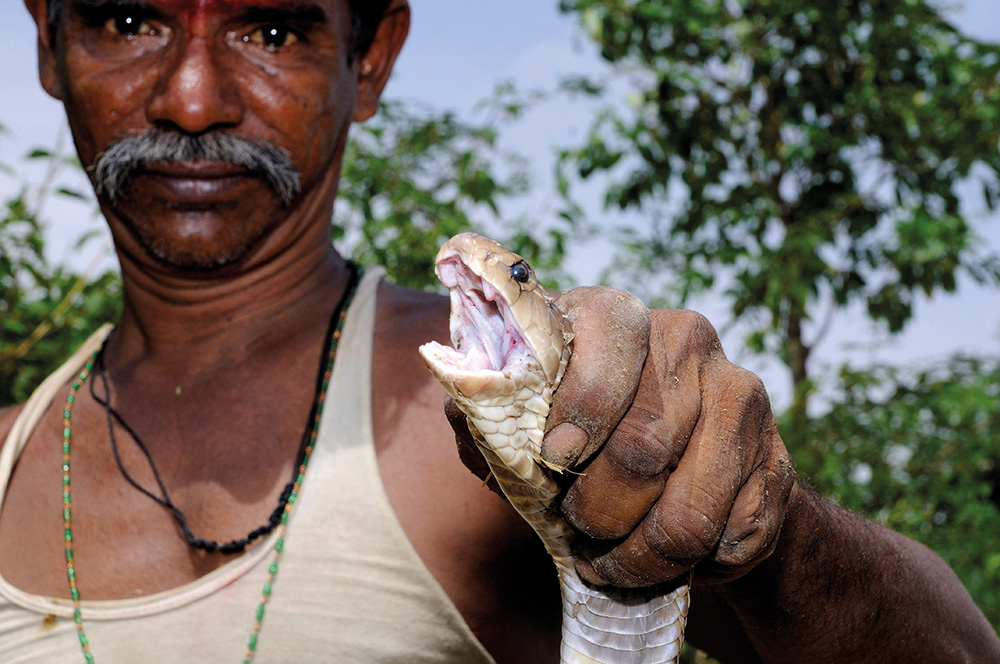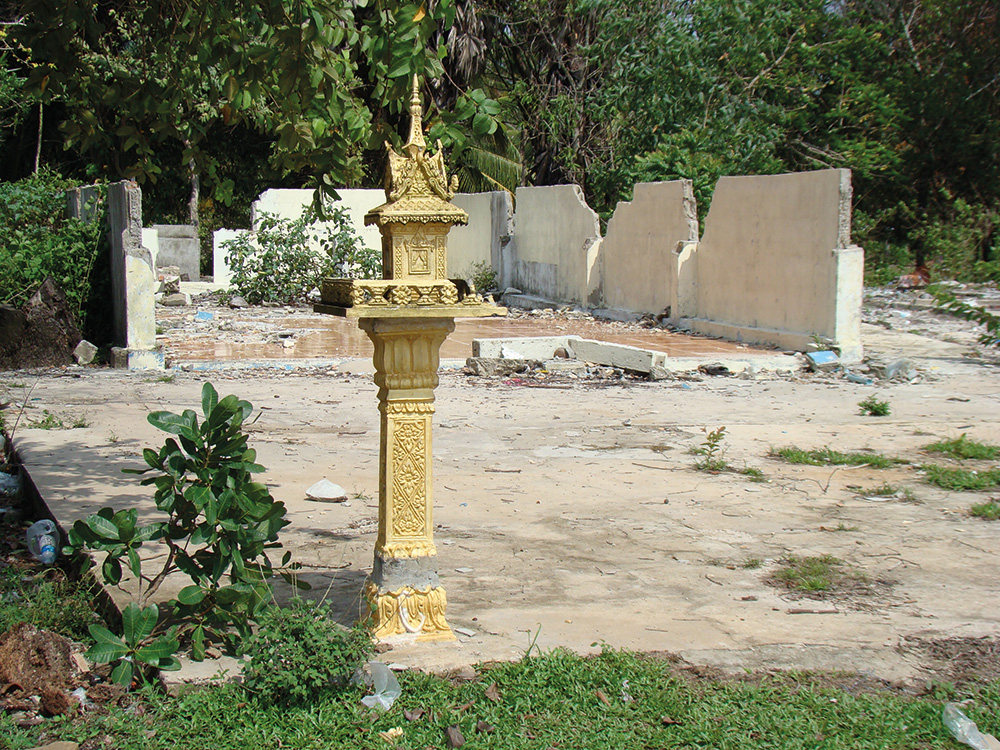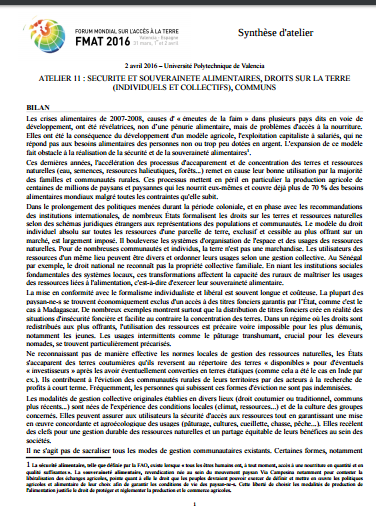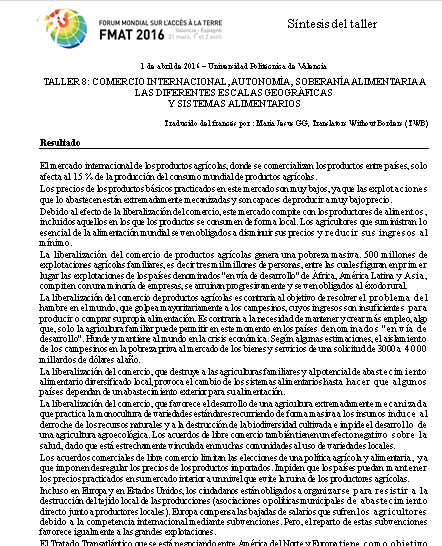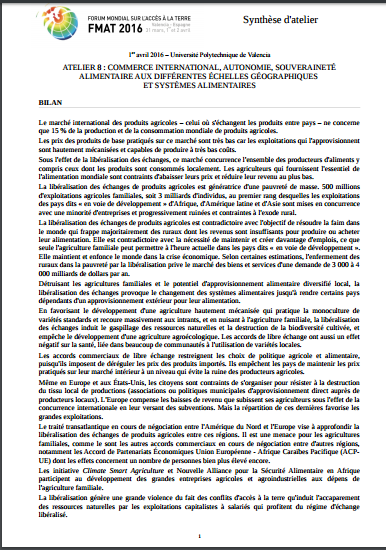Processing tomatoes in Tanzania: a tale of seeds and ketchup
An ingenious combination of plant breeding, contract farming and processing has enabled smallholder tomato growers to tap new markets in Tanzania’s Arusha Region. Two improved tomato cultivars released from AVRDC lines are at the centre of this success story.

